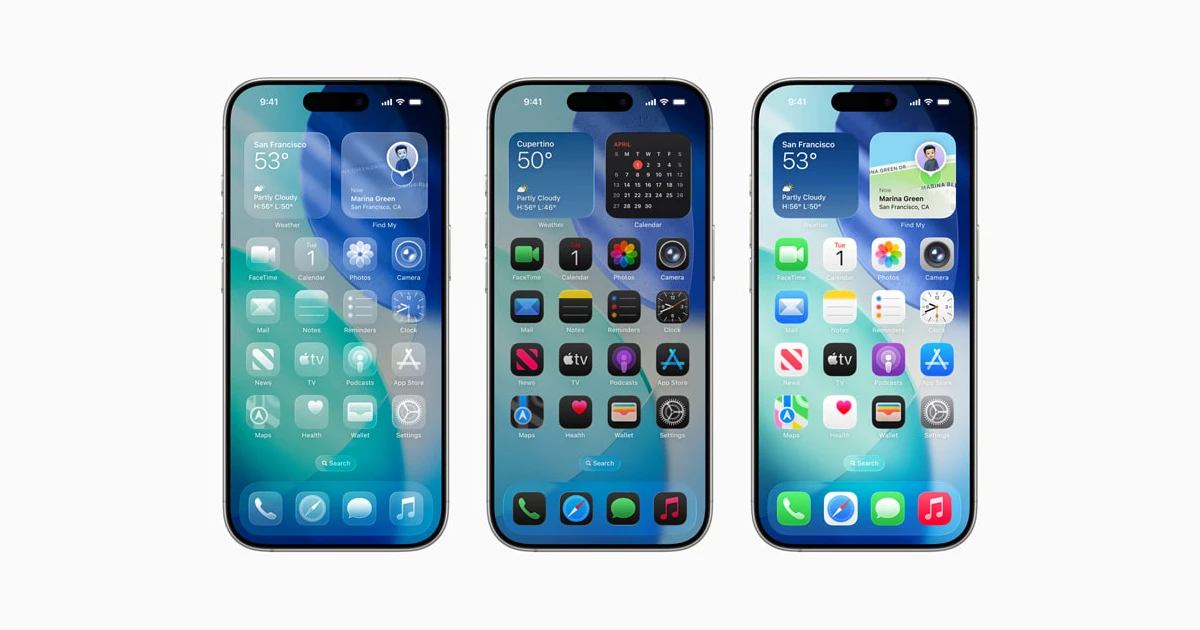That’s true! Over a hundred million active users were recorded two months after ChatGPT launched, being the platform with the fastest-growing user base in this field.
People are skeptical about how this development is going to impact us in the short and long term. And for good reasons! It’s pretty scary to see how many things artificial intelligence can do. The truth is that the biggest danger we face right now is that the answers conversational AI technologies give can, in some cases, be wrong in ways we don’t even know.
In some cases, an AI chatbot was asked to write about someone who only supposedly existed, and it confidently proceeded to do so. It started inventing something and served it as a fact. Therefore, you have to take every piece of information that a conversational AI gives you with a grain of salt. And fact-check that information!
We can all agree that for now, the answer is “No”. Or at least “No, we don’t know yet”. Conversational AI has enormous potential and can take a lot of different forms, from the AI chat bot format we mentioned above to virtual agents and voice assistants like Amazon’s Alexa Speaker. The potential is endless - but so are the problems that might arise from using it without second thoughts. And by that, we mean that it’s crucial to double-check the information we receive from artificial intelligence. By not doing so, it can prove to be the worst mistake we can make regarding this technology.
But let’s focus on the positive for now. Conversational AI can be useful in plenty of industries. Customer service, healthcare, e-commerce, finance, and even education come to mind. Artificial intelligence can be used to automate customer service inquiries, answer health questions, and provide personal shopping recommendations. Conversational AI also has the potential to detect fraudulent activity in the finance industry and provide financial advice. And students can benefit from personalized learning experiences through conversational AI!
Have you ever found yourself thinking, “This technology is like magic”? Well, we assume a lot of people did and will do it from now on. At this rate, conversational AI will become more and more natural and will be able to respond to almost any prompt or command. What goes on behind the scenes is a combination of machine learning, data mining, natural language processing, and speech recognition. If you think it sounds complicated - you’d be absolutely right. It’s not a technology that everyone can make! And we should be thankful for that - because we do not want to experience the opposite.
But there are some aspects that we should mention. For example, conversational AI will save people a lot of time! Even if we talk about technologies like Siri, Alexa Speaker, or Google AI Chatbot! With a simple command, you can save precious time. Now, you do not have to get up and shut off the lights if you do not feel like it. Even more so, an AI chatbot can become even more useful. Hootsuite developed one called Heyday, which automates customer relations tasks. Businesses - write this down. It can be of great help to your day-to-day operations.
And look - Conversational AI can provide accuracy and precision, which can be beneficial for every company out there. With the use of conversational intelligence software, businesses can process customer inquiries faster and more efficiently than if they relied solely on human employees. This can reduce customer wait times, provide better customer service, and ultimately lead to increased customer satisfaction. You should give it a try - but remember, not every AI chatbot is developed enough to replace a human being. No matter how repetitive a task can be!
A lot of exciting discoveries in the field of conversational AI are on the way. We may be seeing advanced conversational intelligence software that can comprehend complicated language and context, offer more individualized replies, and interface with a larger range of devices and applications. We are looking (cautiously) to the future. Conversational AI-wise, it will be interesting, to say the least.















